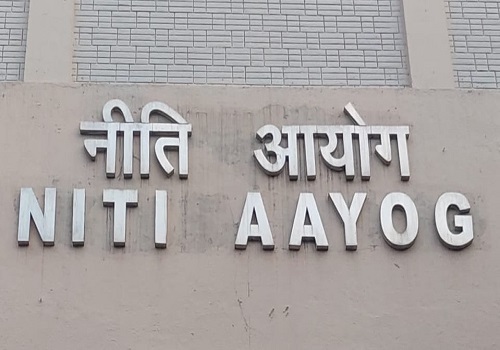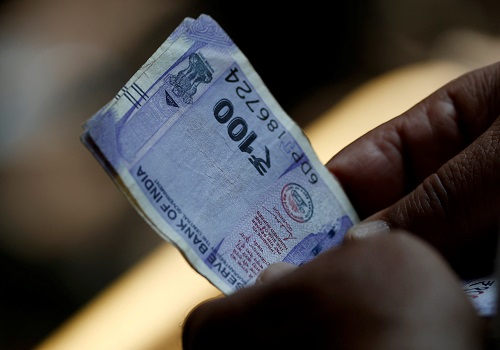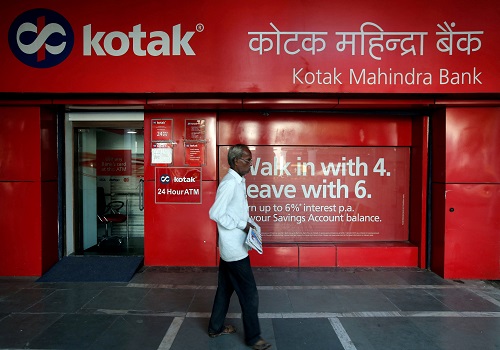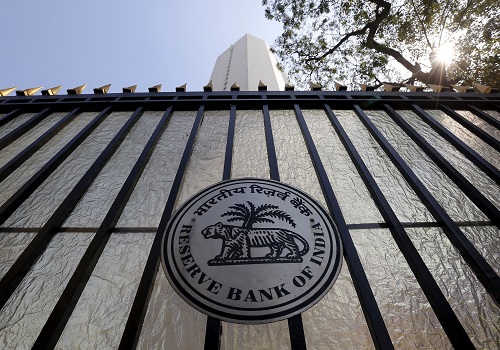Banking Sector Update - Payments Vision 2025: Focus on expansion of digital payments, regulation of BigTechs/FinTechs By Emkay Global

Follow us Now on Telegram ! Get daily 10 - 12 important updates on Business, Finance and Investment. Join our Telegram Channel
Payments Vision 2025: Focus on expansion of digital payments, regulation of BigTechs/FinTechs
The RBI in its ‘Payments Vision 2025’ proposes specific initiatives for the orderly development of the payment ecosystem while ensuring safety, security and affordability for customers. Following are the key takeaways and our view:
Focus on expanding digital transactions while promoting innovations, inclusion and globalization:
The core theme of the vision document is based on 4Es (E-Payments for Everyone, Everywhere, Every time) with five anchor goalposts of integrity, inclusion, innovation, institutionalization and internationalization. To promote innovation, the RBI aims to explore a UPI-like system for cards, enable networks for IOT (Internet of Things)- based payments and interoperability for contactless transit card payments in the offline mode, and create payment systems for merchants. With the new initiatives, the RBI expects to increase digital payment transactions by 3x, UPI to register average annualized growth of 50%, increase the payment transaction turnover vs. GDP to 8x, debit card usage to surpass credit cards in terms of value, increase PPI transactions by 150% (6.6bn for FY22) and a meaningful reduction in cash in circulation as a % of GDP.
Evaluation of MDRs and service costs to make digital payments affordable and more acceptable:
Currently, the cost of digital payment services is borne by one or more of the payment system participants (switching fees, interchange fees, etc.) or is passed on to merchants (Merchant Discount Rate) or customers (customer charges). A comprehensive review of all aspects related to charges involved in various channels of digital payments will be undertaken. We believe this review could result in relatively higher credit card and wallet MDRs and the introduction of MDR on UPI to at least cover the cost.
Regulation of unbridled growth of ‘buy now pay later’ (BNPL) and BigTechs/ FinTechs in payments space to protect financial stability/market integrity:
The unbridled growth of BNPL could pose a risk to customers, and thus the RBI plans to introduce separate regulations for BNPL, which we believe must be done at the earliest. The RBI believes that the increasing dominance of BigTechs and FinTechs in the payments ecosystem without appropriate regulations poses a risk to not only financial stability and market integrity but also to customers in terms of debt traps, mis-selling and data breaches, among others. Thus, a discussion paper encompassing their domestic incorporation, reporting and data use will be published. As a strategy, the RBI would adopt activity- and entity-based hybrid regulations.
Link credit cards and credit components of banking products to UPI:
Currently, UPI users can only link the bank account (savings/current account) and the debit card to the UPI virtual payment address (VPA). To offer more avenues and greater convenience to users in making payments through UPI, the feasibility of linking credit cards and credit components of banking products to UPI will be explored. In this regard, the RBI has already taken the first step and allowed the linking of Rupay cards to UPI. We believe this should reduce cannibalization of some card spending by savings/debit cards.
Our View:
We believe the RBI is focusing on the expansion of the digital payment ecosystem encompassing domestic/global payments, increasing broader customer participation and security, providing more payment alternatives, reducing the cost of transactions and regulating BigTechs/FinTechs. We believe linking credit cards to UPI is positive for spends growth, but without MDR, its acceptance in non-Rupay cards will be limited. Moreover, the reduction in MDR to improve affordability could be negative for card/wallet companies (SBIC, Paytm). The RBI’s plan to promote debit card usage could also pose a risk to monoline card companies (SBIC). Any strict regulations for BNPL could moderate growth in the near term but should be positive in the long term.
To Read Complete Report & Disclaimer Click Here
For More Emkay Global Financial Services Ltd Disclaimer http://www.emkayglobal.com/Uploads/disclaimer.pdf & SEBI Registration number is INH000000354
Above views are of the author and not of the website kindly read disclaimer

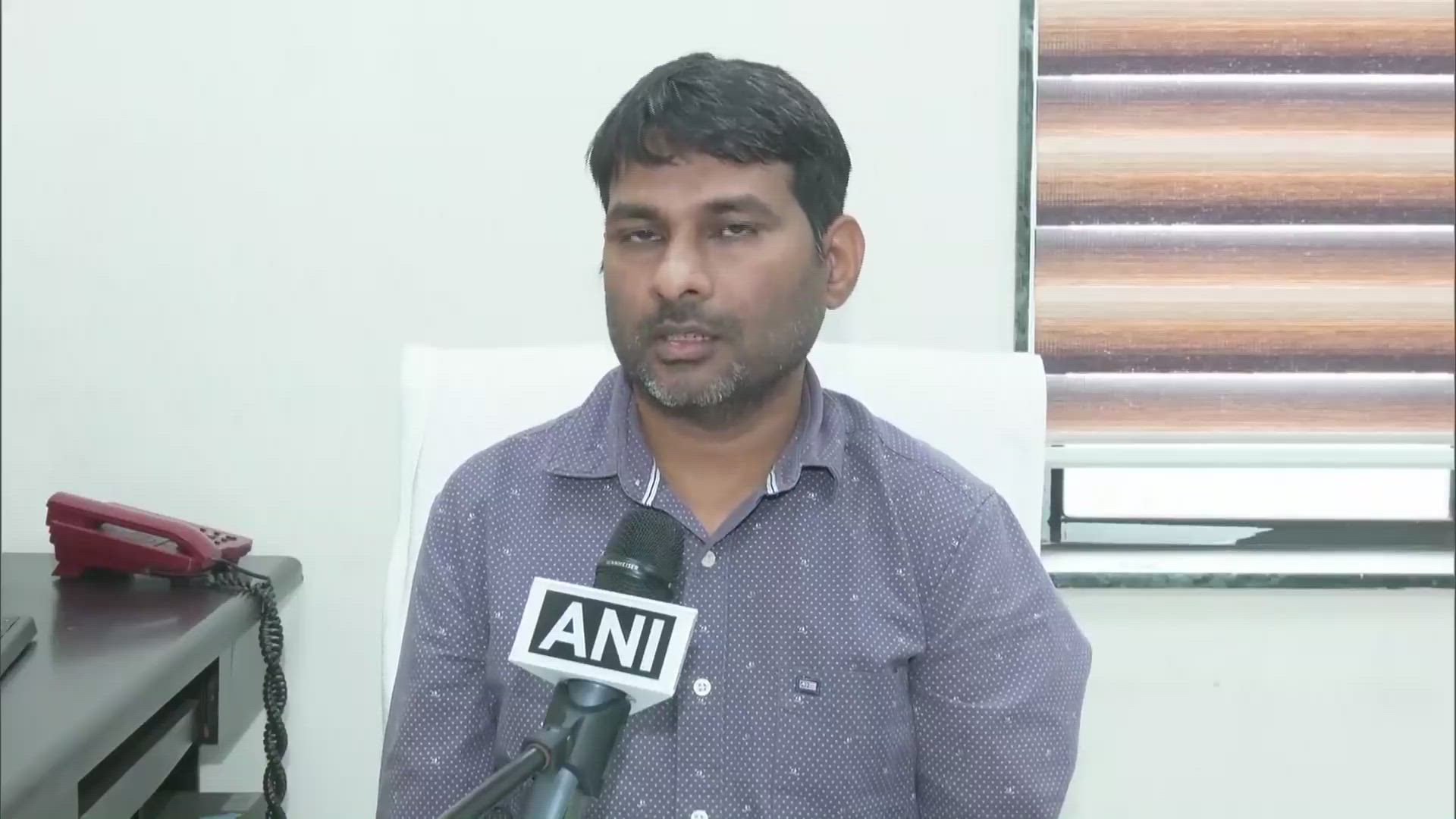
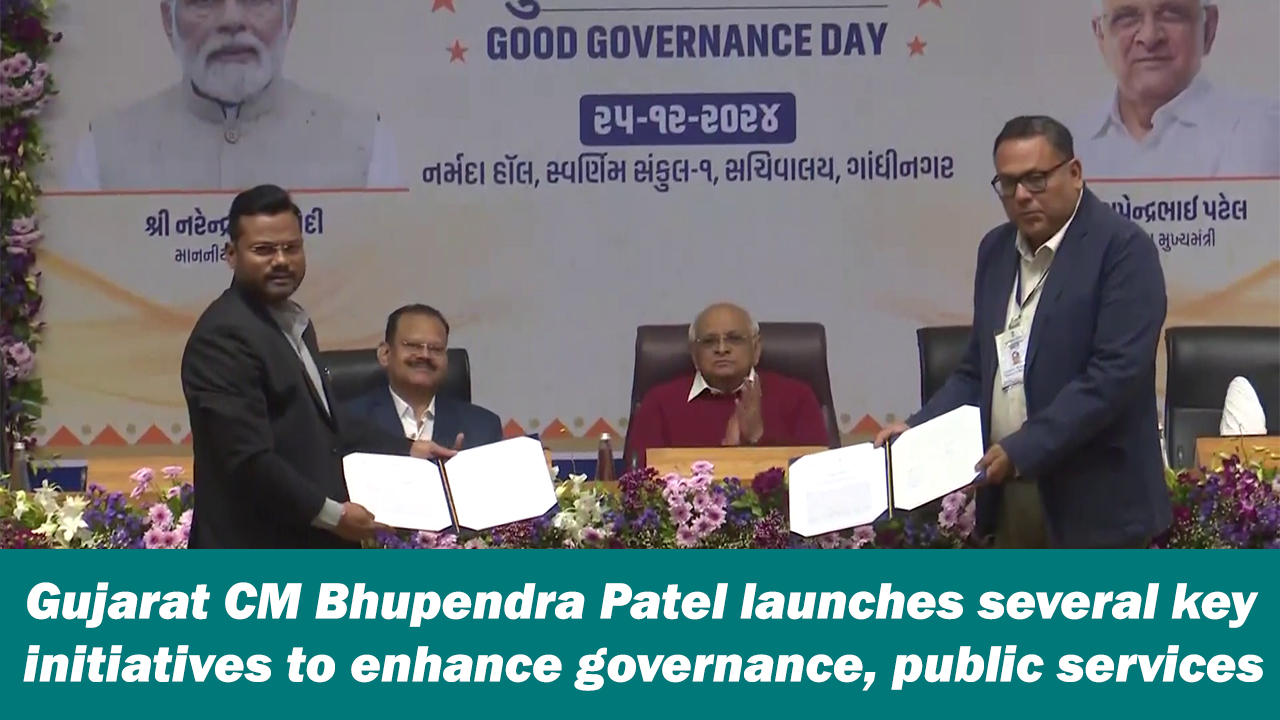
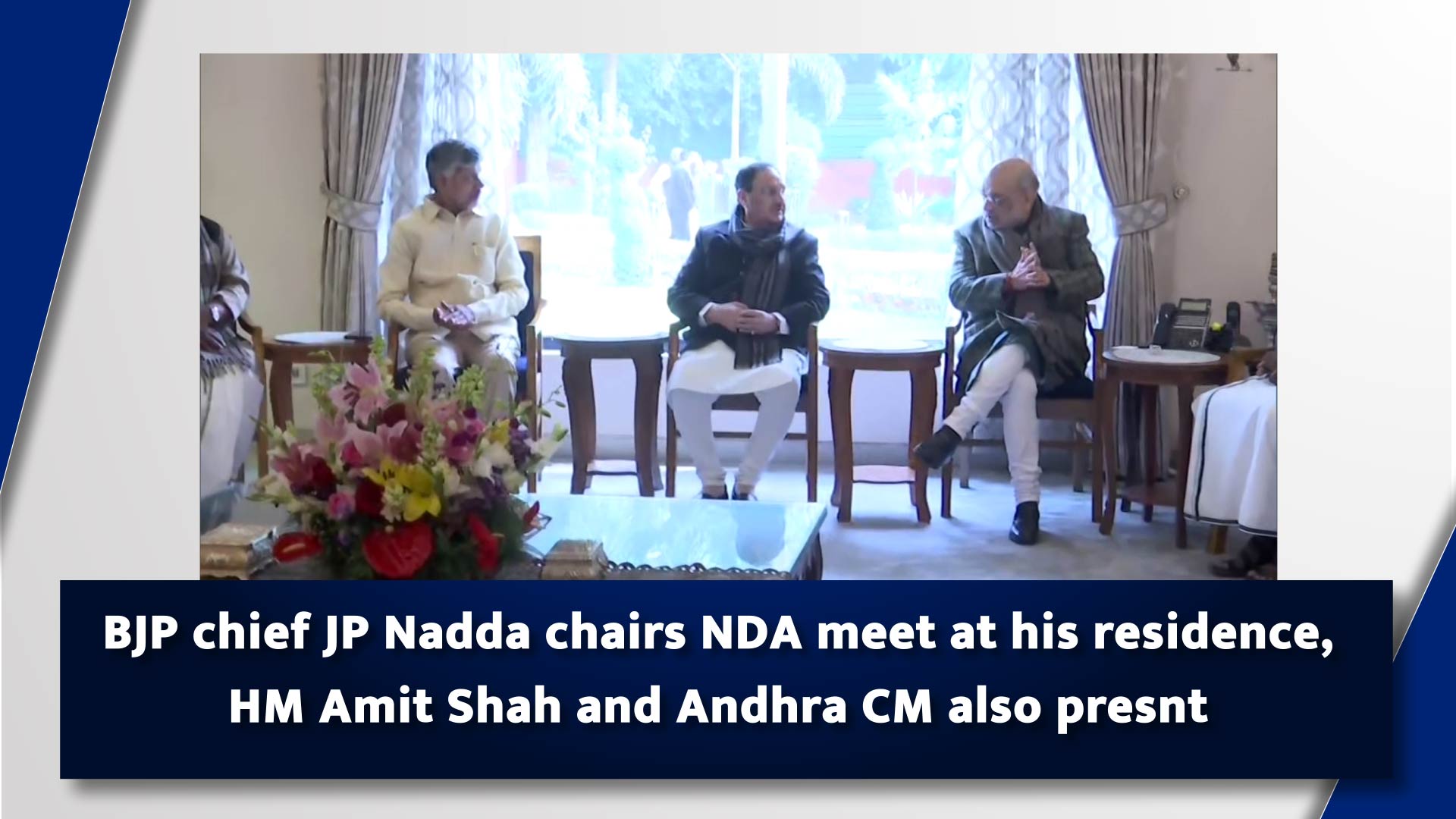
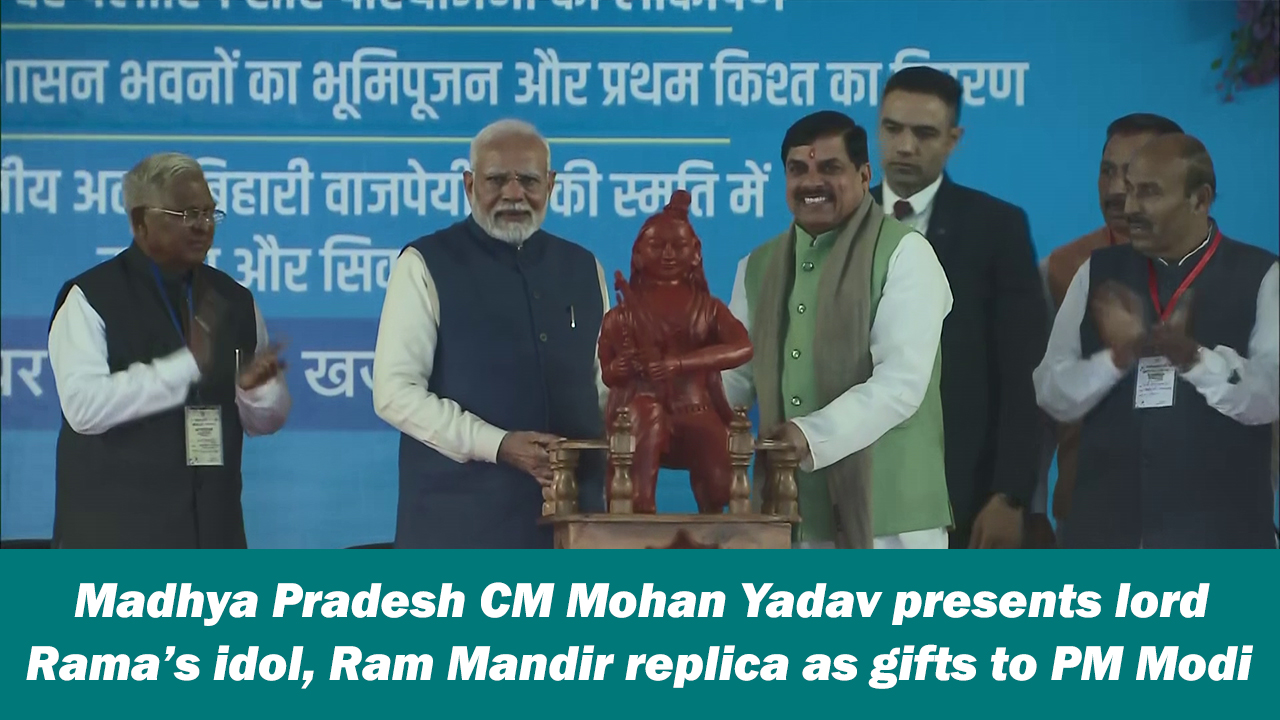

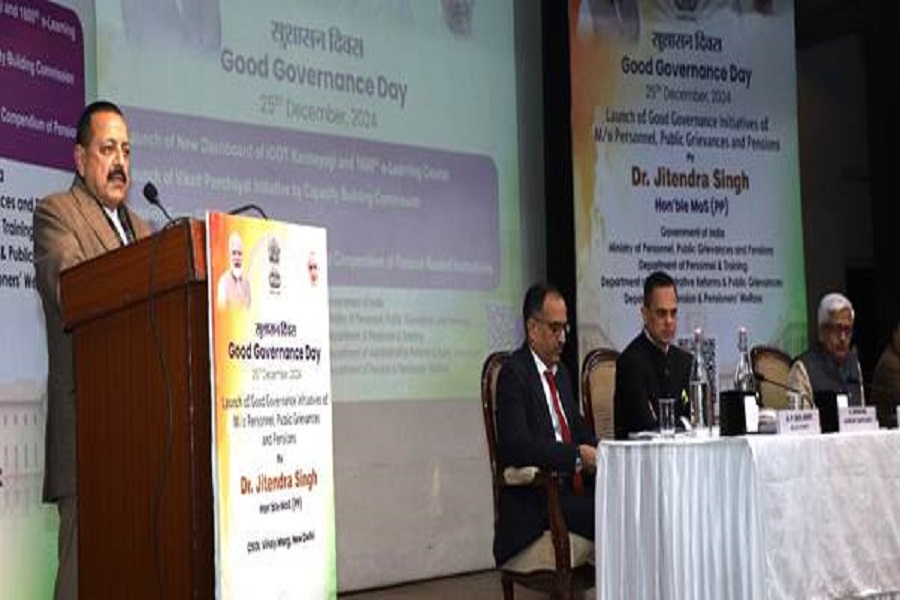



Tag News

AU Small Finance Bank jumps on entering into bancassurance tie-ups with Star Health and Baja...
More News

Aviation Sector Update :Engine woes to continue; 3Q profitability to improve amidst higher y...





 320-x-100_uti_gold.jpg" alt="Advertisement">
320-x-100_uti_gold.jpg" alt="Advertisement">

